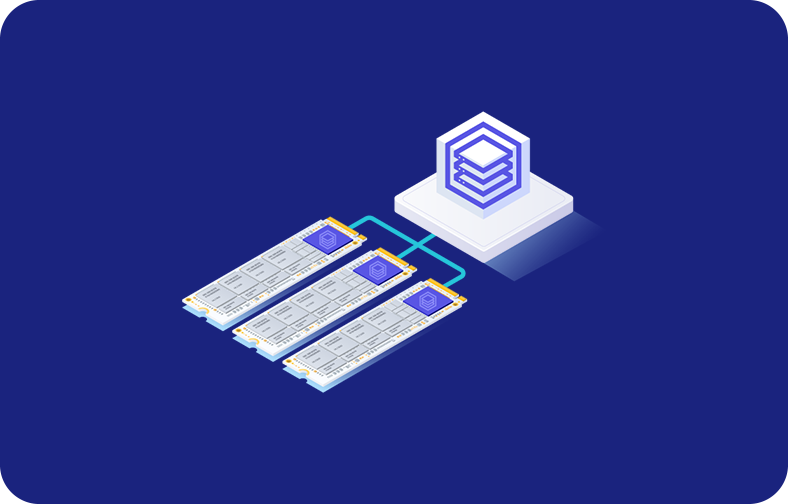What is MySQL? All You Need to Know

Are you considering using a database management system that's reliable, scalable, and cost-effective for your applications, both big and small?
MySQL might just be what you're looking for. As an open-source relational database management system, MySQL is the best solution that is completely free to use. Because of its high performance and ease of use, it is quite popular.
-
- What is MySQL?
- What is the name of the MySQL dolphin?
- MySQL is a relational database management system - Here's why
- MySQL is open source
- MySQL: the No. 1 choice
- MySQL operates in client/server systems
- Benefits of MySQL
- MySQL use cases
- MySQL is extremely popular for
- What is MySQL Workbench?
- SQL vs MySQL
MySQL is the main contributor to the big data ecosystem and is often hailed as the most popular database technology. This widespread acclaim underscores the importance of having at least a basic understanding of MySQL for anyone involved with enterprise data or general IT.
For more information on MySQL and its benefits, stay tuned.
What is MySQL?
It is a leading completely free database that uses SQL. A database is a place to store and manage information. MySQL shines by organizing data in an easy way. It uses tables made up of rows and columns, similar to a grid. This structure makes it easy to manage, access, and understand data, catering to both everyday tasks and complex business needs.
MySQL is a widely used part of many software packages that help create websites and business services. It's free to use and is known for being stable and having many features. Because of these benefits, big websites like Facebook, Twitter, and YouTube use MySQL to manage their data. Oracle continues to add new features and improvements to its MySQL software, keeping it useful and up-to-date.
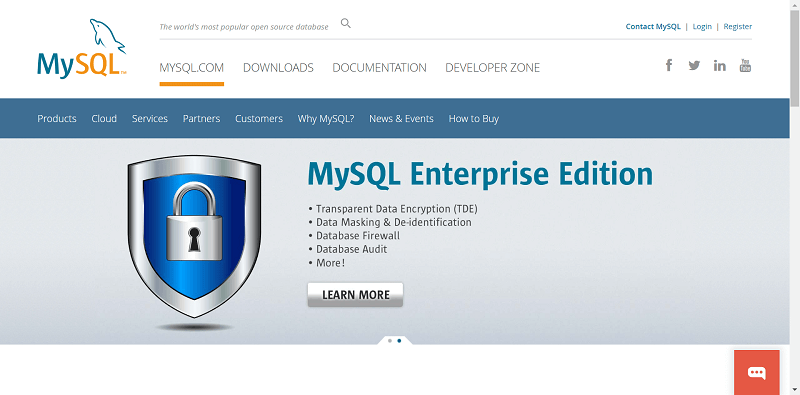
With MySQL, even newcomers to relational systems can quickly set up fast, powerful and secure databases. Furthermore, its programmatic syntax and interfaces serve as excellent introductions to the broader world of popular query languages and structured data environments.
What is the name of the MySQL dolphin?
The MySQL logo features a dolphin named Sakila. This name was selected through a contest called "Name the Dolphin," where users suggested various names. Ambrose Twebaze, an open-source software developer from Eswatini in Africa, submitted the winning name, Sakila.

MySQL is a relational database management system - Here's why
Databases are like storing the memory banks for software applications. Your information is saved in a database whenever you search for something on the web or log into any of your accounts. You can access this information whenever you want in the future.
A relational database organizes data into different tables. This setup helps the system quickly find and manage data. It uses a structure that consists of files optimized for speed.
In a relational or database structure, data is stored in tables, which you can think of as sheets in a spreadsheet. Each table has rows and columns. Rows represent individual records, and columns represent the details about those records.
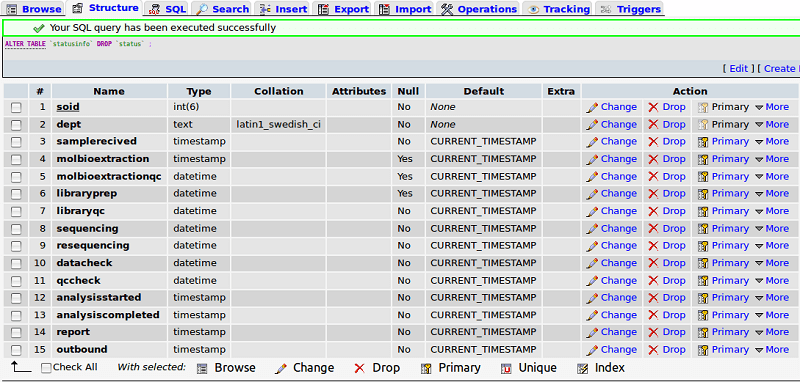
The database is designed with rules that help keep the data clean and organized. For example, you can specify if a relationship between data in different data tables. You can also set rules about whether a data field must be filled out or not.
SQL, aka Structured Query Language, is the language that develops use to interact with databases. It's like the instructions you give to access or change the data. Depending on how you are working, you might type SQL commands directly to perform tasks like creating reports, embed some SQL statements into other programming codes, or use special tools that make it easier to work with SQL without having to write it by hand. MySQL is a popular version of a relational database that uses SQL to manage data efficiently.
MySQL is open source
MySQL is an open-source software. It means that anyone can use and modify it as it is freely available for everyone. If you want, you can download and install MySQL. Plus, you can change its open-source code so that it meets your specific needs. MySQL uses the GNU General Public License (GPL). This license contains all the necessary rules that explain how anyone can legally use and modify this software.
If the GNU GPL doesn't fit your requirements, or if you need to include freely downloadable version of MySQL in a commercial product, you can purchase a commercial license from Oracle. For more details on this, you can check the MySQL Licensing Information section on their website. This provides flexibility depending on whether you're using commercially licensed version of MySQL for personal projects or within a business environment.
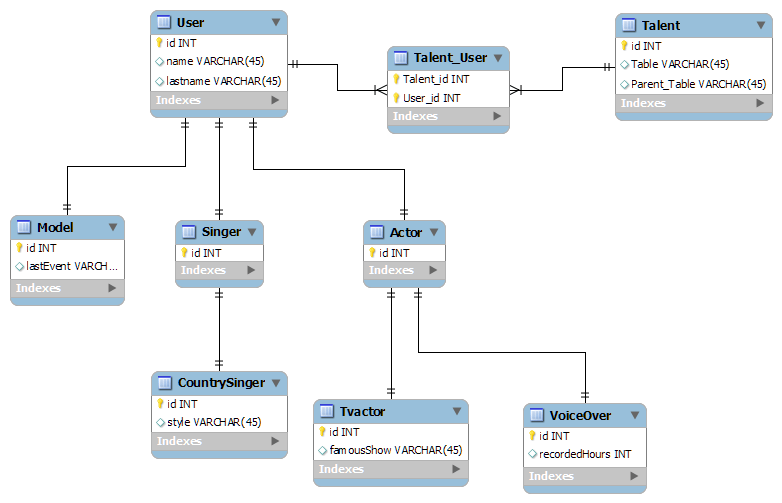
MySQL: the No. 1 choice
MySQL is highly favoured by developers and often ranks as the most famous database in surveys. Developers appreciate MySQL for its high performance, reliability, and user-friendliness.
MySQL supports a wide range of popular programming languages and drivers, making it versatile for various development needs.
For many big applications, MySQL is the #1 choice for a database. These applications include WordPress, Drupal, and Magento. With these apps, users can create websites and any other online platform.
MySQL operates in client/server systems
The MySQL Database system operates on a client/server model. It includes a server that can handle multiple tasks at once (multithreaded) and supports various storage types (different back ends). This setup is complemented by a suite of tools:
-
Client programs and libraries: These are used for interacting with the server. They allow users to manage and manipulate the database.
-
Administrative tools: These tools help manage the database system. They perform tasks like monitoring, backup, and optimization.
-
Application Programming Interfaces (APIs): APIs provide programmers with methods to connect their applications directly to the database system. This is essential for data handling.
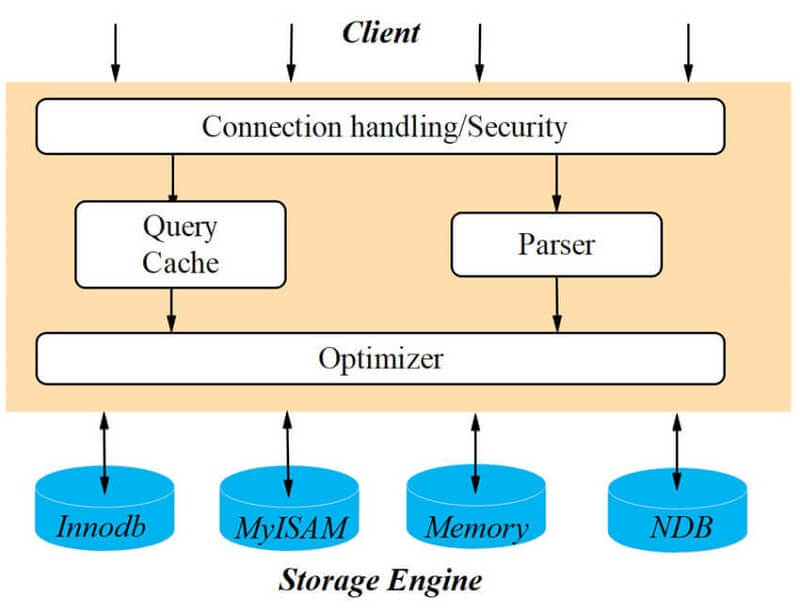
Additionally, MySQL offers an embedded version, which is a multithreaded library. This can be incorporated directly into applications, allowing developers to create smaller, faster, and more manageable standalone products.
This feature is useful for developers developing applications that require an integrated database management system without the overhead of managing a separate database server.
Benefits of MySQL
The main reason why MySQL is well-known is because it's quick, dependable, scalable, and user-friendly. It was specifically designed to manage large databases efficiently. MySQL has proven its worth from time to time in demanding production environments in the last decade or so.
Despite ongoing development, MySQL boasts a rich and useful array of features. Its connectivity, speed, and security features make it particularly well-suited for accessing databases.
Easy to use
MySQL can be installed quickly, often in just minutes, and is straightforward to manage, making it accessible for developers of all skill levels.
Reliability
As the most mature and trusted databases available, MySQL has been rigorously tested across numerous scenarios for over 25 years. Due to its consistent performance, some of the world’s largest companies rely on it to power critical business apps.
Scalability
It can handle the demands of the servers and the most heavily accessed applications. It features a native replication architecture that allows organizations, including giants like Facebook, to scale their applications to support hundreds of thousands of users.
Performance
MySQL HeatWave demonstrates superior speed and cost-efficiency when compared with other database services, as evidenced by its performance against various industry standard benchmarks, such as TPC-H, TPC-DS, and CH-benchmark.
High availability
It offers a set of native replication technologies designed for high availability and disaster recovery. This enables businesses to achieve a recovery point objective of zero (no data loss) and a recovery time objective of just seconds, through automatic failover mechanisms.
Security
MySQL ensures security of users' data. Ensuring data security means adhering to strict industry regulations. The MySQL Enterprise Edition had all the features required for a robust data security platform. These features include transparent data encryption, auditing, data masking, and a database firewall.
But why are these features necessary? It's because they help users to comply with regulations. These regulations include the European Union GDPR, PCI DSS, and HIPAA).
Flexibility
The Document Store of MySQL offers unparalleled flexibility and technical support for developing both traditional SQL and NoSQL apps. With the help of this, you as a developer can merge relational data and JSON documents within the identical database and app, providing a versatile data-handling environment.
MySQL use cases
MySQL is a versatile database management system. It is currently being used in various industries for many purposes. It ranges from cloud applications to on-premises setups. Let's take a look at all of its common use cases.
Cloud applications
It is used in various cloud environments. One of its specialized services is MySQL HeatWave. It is a fully managed database service integrating transactions, real-time analytics, and machine learning into one platform. This integration eliminates the need for separate systems and the complexities of data movement and transformation. HeatWave is a better tool than many competitors as it's faster and more cost-effective.
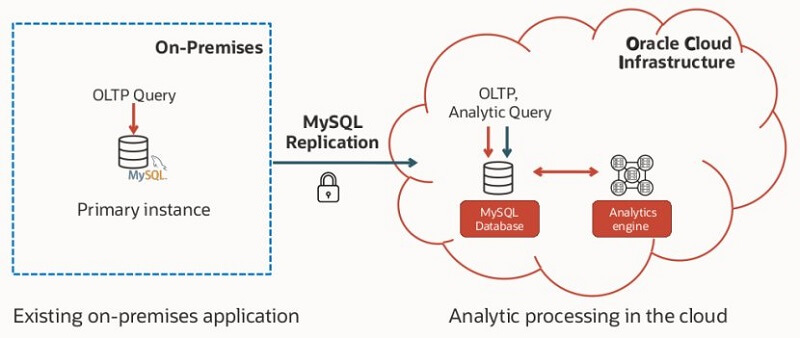
MySQL is extremely popular for
E-commerce
MySQL is crucial for many big e-commerce platforms. These include Shopify, Uber, and more. It supports a wide range of important tasks, from managing user profiles and handling financial transactions to detecting fraud. This shows that MySQL can effectively manage systems with a lot of transactions, which are common in big online businesses.
Social platforms
Major social networks like Facebook, LinkedIn, and other social media platforms rely on the MySQL database for their vast data needs, which includes managing user data, content, and interactions.
Content management
MySQL has both SQL and NoSQL within a single database system, a feature that is particularly useful for content management. The MySQL Document Store allows for CRUD (Create, Read, Update, Delete) operations and sophisticated SQL queries on JSON documents, facilitating complex data operations and analytics.
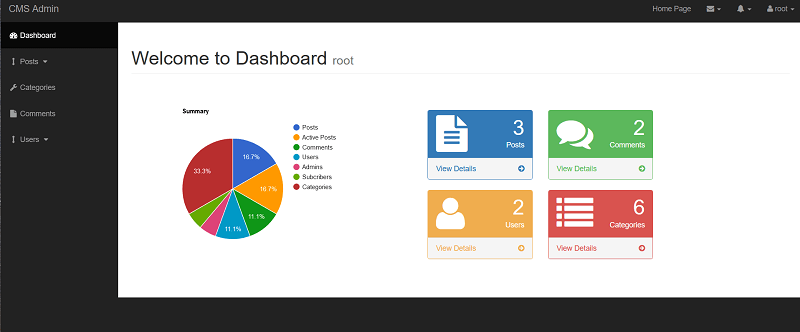
SaaS and ISVs
Over 2,000 ISVs, OEMs, and VARs use MySQL to enhance their products, including well-known companies like Ericsson, F5, and IBM. MySQL helps these organizations deliver competitive and cost-effective solutions. Additionally, it powers popular SaaS applications such as Zendesk and HubSpot.
On-premises applications with MySQL Enterprise Edition
MySQL Enterprise Edition is ideal for organizations that need on-premises solutions. It comes with a full set of features that help with scalability, security, and reliability. This edition includes advanced management tools like MySQL Enterprise Backup and Firewall, which improve data protection and help meet compliance requirements. These tools ensure that organizations can manage large-scale operations securely and efficiently.
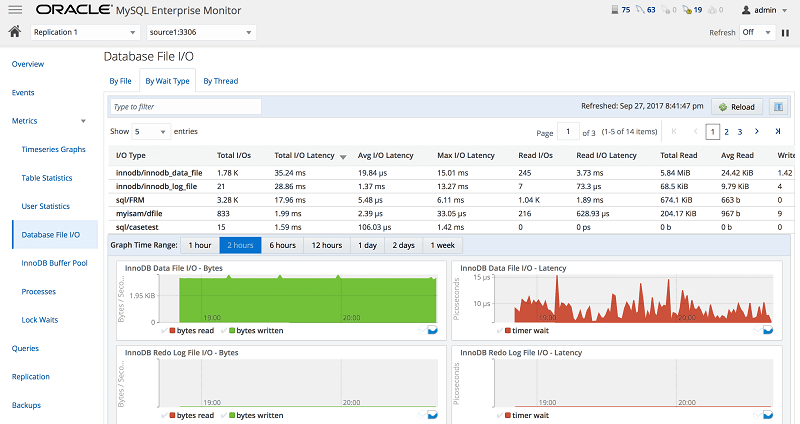
What is MySQL Workbench?
MySQL Workbench is a comprehensive visual tool that serves database architects, developers, and database administrators (DBAs). MySQL offers a range of features including data modelling, SQL development, and extensive administration tools. These tools cover server configuration, user administration, and backup procedures to manage databases, among other functionalities.
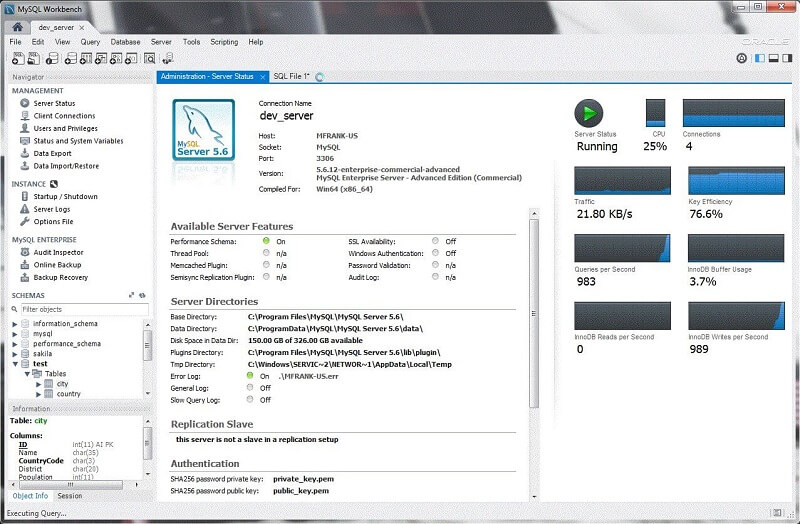
SQL vs MySQL
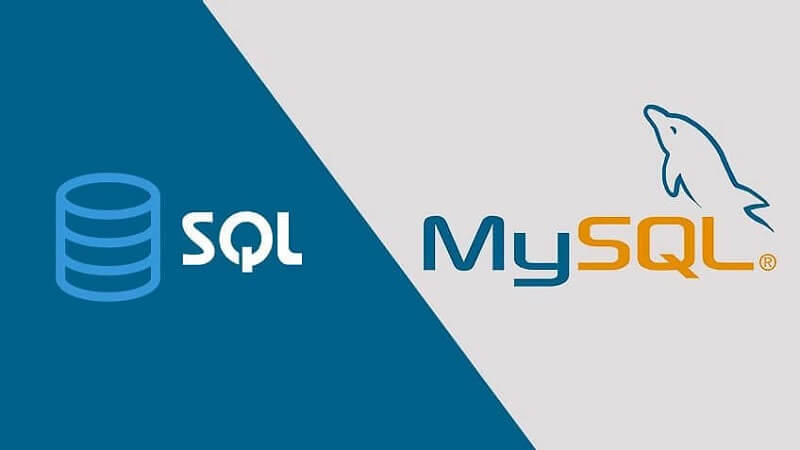
Many people confuse SQL and MySQL, thinking they're the same thing. But in reality, both refer to different things.
SQL is a specialized programming language. It was created to handle operations on relational databases. It is used for querying, updating, and managing data stored in a structured format.
Meanwhile,
As already discussed, MySQL is a relational database system. It uses SQL as its main language. This software has all the basic features of SQL but additional capabilities that boost its functionality and performance.
MySQL includes support for procedural programming, control-flow mechanisms, and a robust suite of database management tools. It offers more advanced features than basic SQL standards, such as transaction control, error handling, and support for various back ends.
Accelerate Your MySQL Deployment with VPSServer
Running MySQL on a Virtual Private Server (VPS) from VPSServer offers a robust platform that enhances the performance, security, and scalability of your database applications.
VPSServer provides dedicated resources, which means that your MySQL database can operate in an environment optimized for its needs without the interference commonly found in shared hosting. This setup is crucial for businesses and customers that rely on fast and reliable access to their data.
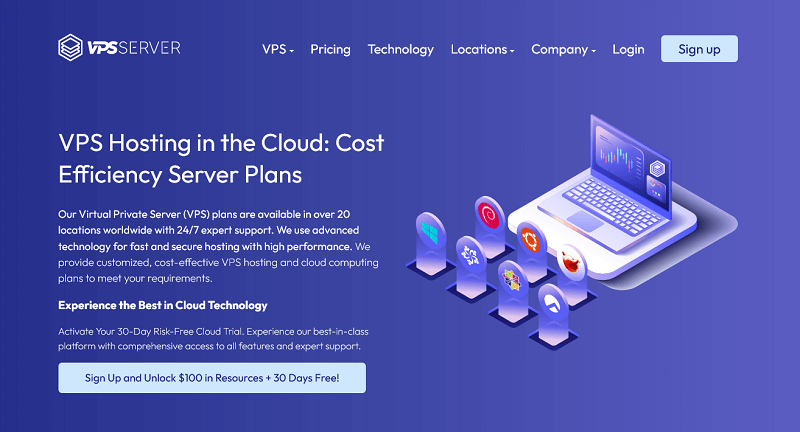
When you allocate dedicated resources to your MySQL databases, such as the server's CPU, RAM, and storage, they operate more efficiently. This setup means these resources are used only by your database, preventing slowdowns that could occur if other users were accessing the same resources.
Ready to take your MySQL database to the next level?
Explore the various available VPS plans and start optimizing your MySQL setup today. Visit VPS Server to learn more and get started!
Frequently Asked Questions
Can MySQL handle multiple users accessing the database at the same time?
Yes, MySQL is designed to handle multiple users simultaneously. To prevent errors and ensure that all data remains accurate, MySQL uses systems like locks. These locks control who can access data at any given moment, helping to keep everything organized.
How does MySQL handle data backup and recovery?
MySQL provides several options for data backup and recovery, including physical backups (copying files directly) and logical backups (using SQL statements). Tools like MySQL are commonly used for backup processes, while built-in features support point-in-time recovery.










